Your academic journey may take some time, maybe even lots more time. Do your best and enjoy the ride, and don’t judge your self-worth by the length of time it takes to complete a degree, the grades you earn, or the salary you make.


Your academic journey may take some time, maybe even lots more time. Do your best and enjoy the ride, and don’t judge your self-worth by the length of time it takes to complete a degree, the grades you earn, or the salary you make.
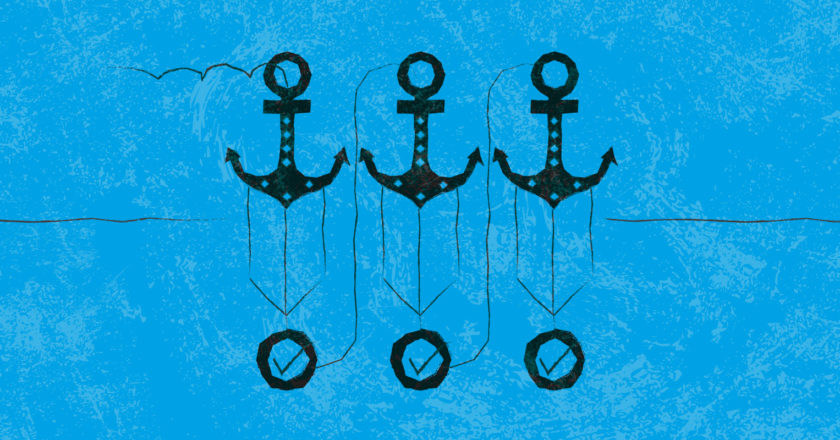
Simple steps for incorporating UDL principles into your pedagogy. Lecture, resource, syllabus, and assessment strategies.

Don’t be discouraged if a first or second attempt at reaching out fails—just look for the next opportunity.

Audio interview. Dr. Schalomon: “If you don’t quite know what the student needs, go to the student and ask.”
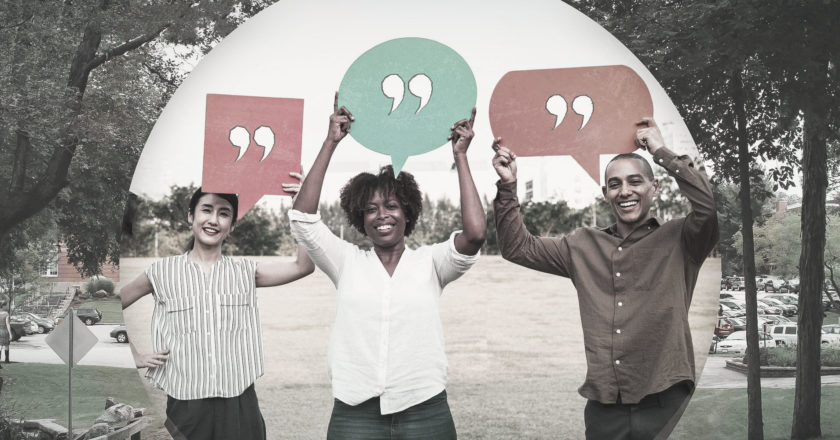
Always be respectful and professional when corresponding with a professor or course instructor. Using “Dear” to begin emails, using the professor’s last name (i.e. Professor Brown), and signing off with a “Thank you,” or “Sincerely” goes a long way!
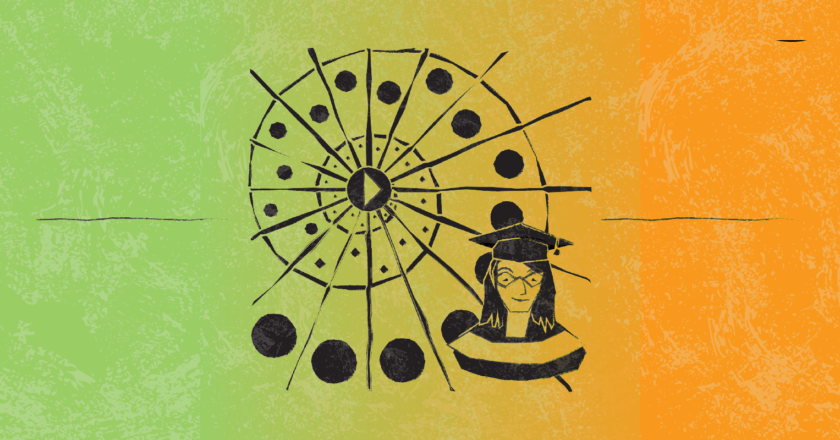
Align your strengths with your interests. Find a supportive mentor. Be willing to accept some trial-and-error. Autistic students can succeed in STEM.
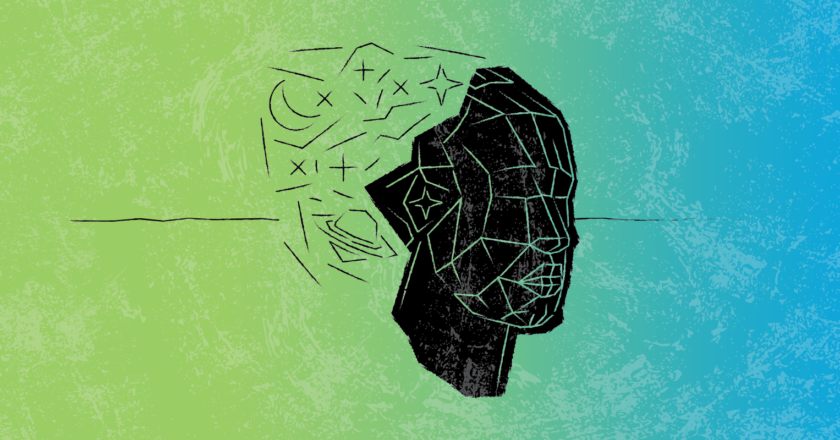
Laura Gilmour shares her journey from new student learning about college expectations to confident graduate student conducting her own STEM research.
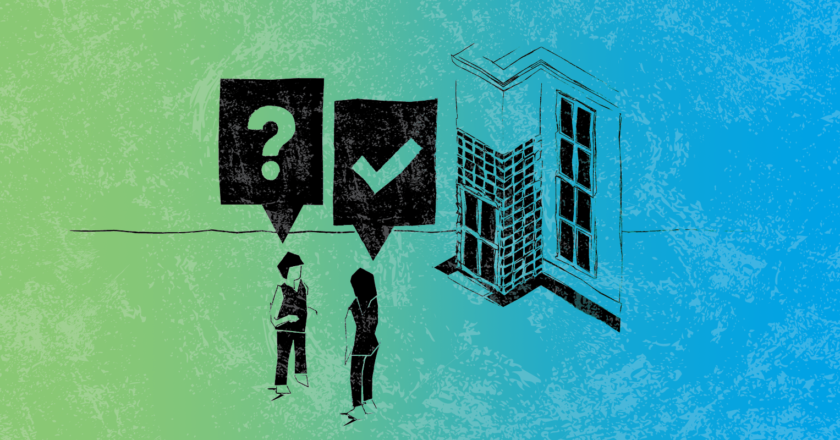
Answer questions about the syllabus. Use unambiguous language. Julia Leverone shares simple supports that autistic students can ask their professors for.

Dr. Julia Leverone demystifies the process of talking to college professors for autistic students and explains why it can be helpful to approach them.

Consider the syllabus a mini-rule book. These documents can be upwards of seven or eight pages (yikes!), but Katie Matthews helps students sort it all out.